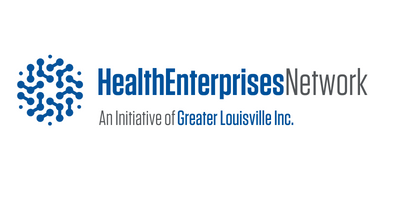Waystar, a leading provider of healthcare payments software, unveiled data about the adoption of robotic process automation (RPA) and artificial intelligence (AI) by leading health systems (LHS) for revenue cycle management (RCM). The study, “The Promise of Robotic Process Automation and Artificial Intelligence in Revenue Cycle Management,” conducted in partnership with The Health Management Academy, features insights from executives at leading health systems nationwide and further examines the benefits and barriers of using RPA and AI throughout the revenue cycle.
Though the revenue cycle has historically been cumbersome and continues to be complex, many health systems still rely on manual processes prone to human error. Coupled with increased financial strain from the COVID-19 pandemic, RCM has become ripe for innovation.
According to the survey, RPA and AI usage remains inconsistent across the various parts of the revenue cycle. However, 64% of those surveyed plan to pursue these technologies within the next three years—primarily to improve financial performance. What’s more, health system leaders are overwhelmingly interested in automation and optimistic about the role AI can play for their organization.
Additional findings from the survey include:
- RPA and AI help improve efficiency: One of the most compelling benefits of RPA and AI is their ability to streamline key processes throughout the revenue cycle. Almost universally, LHS currently using RPA/AI for RCM reported efficiency as the top benefit (91%) over both cost reduction (82%) and increased revenue capture (74%).
- Workforce efficiency is top of mind: Beyond financial pressures, most LHS are looking to increase workforce efficiency and reduce repetitive tasks by using RPA. There is eagerness for help in this space, with 66% of LHS reporting this as their top area for improvement in RCM.
- Room to educate on the uses of RPA/AI: More than 80% of LHS using RPA/AI reported improving financial performance as their primary reason for investing. But there is a slight disconnect between reasons for initial investment and the main benefits reported after adoption. Compared to the top benefits health systems attributed to RPA/AI, increased revenue capture was reported third (out of four) behind efficiency and cost reduction.
“Billing and collecting accurate payment in healthcare can be extremely manual and complicated due to constantly changing rules and policies,” says Matt Hawkins, CEO of Waystar. “Fortunately, AI, RPA and machine learning (ML) can automate once-manual processes, reduce human error and simplify billing and collecting—for payers and patients. These technologies are not just promises of the future. They are here today, and Waystar is helping thousands of provider organizations deploy AI, RPA and ML to make billing and collection processes more accurate and reliable, while dramatically reducing costs and administrative burden. If you are a healthcare organization decision-maker, you should consider the many benefits of these technologies today.”
To download the full report from Waystar and The Health Management Academy, click here. For additional information on Waystar’s solutions, visit waystar.com.

Recent Comments